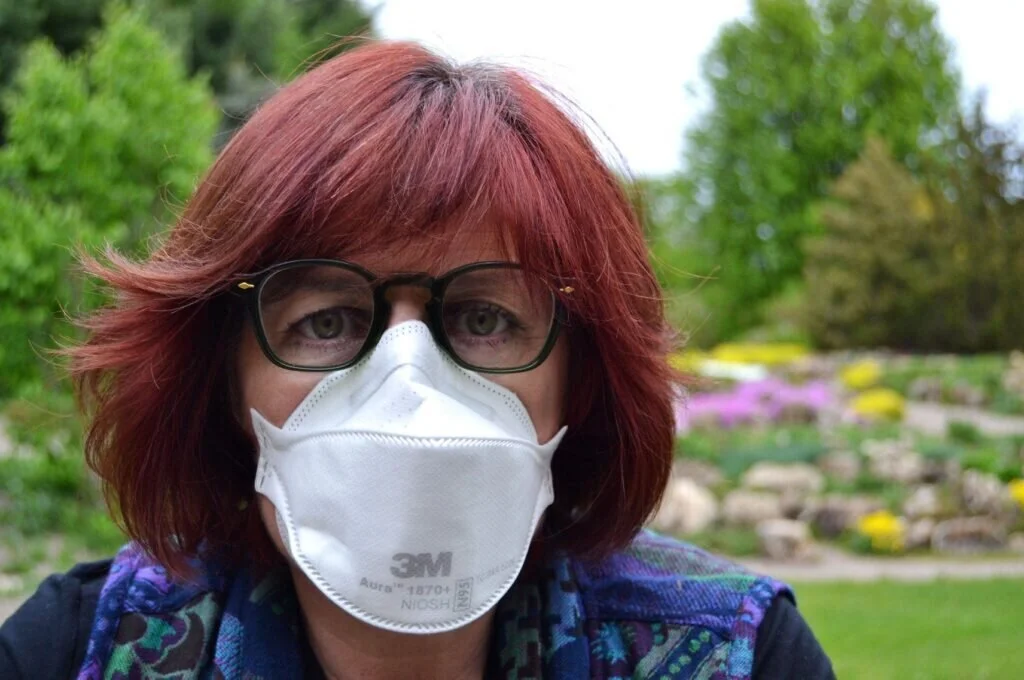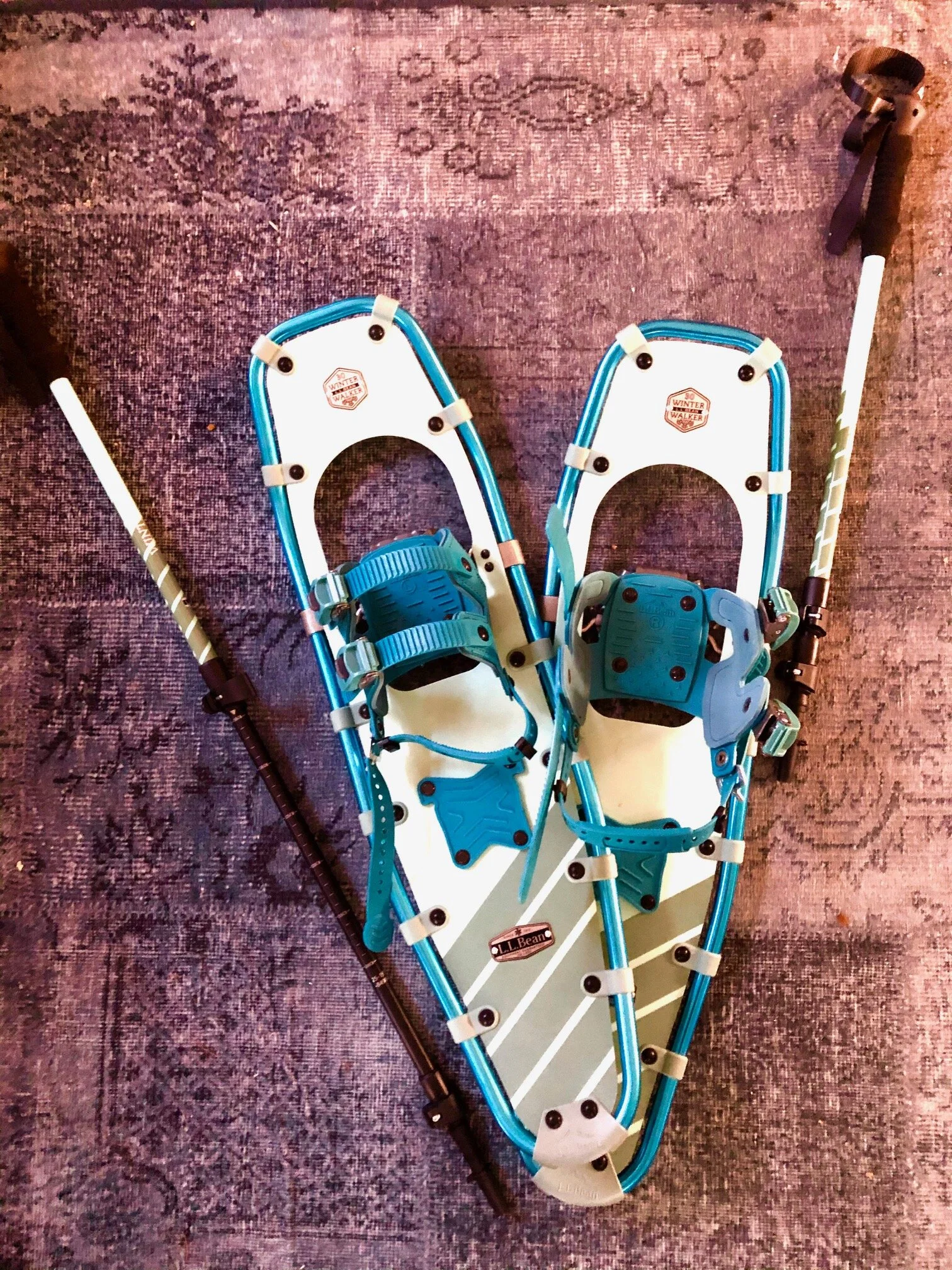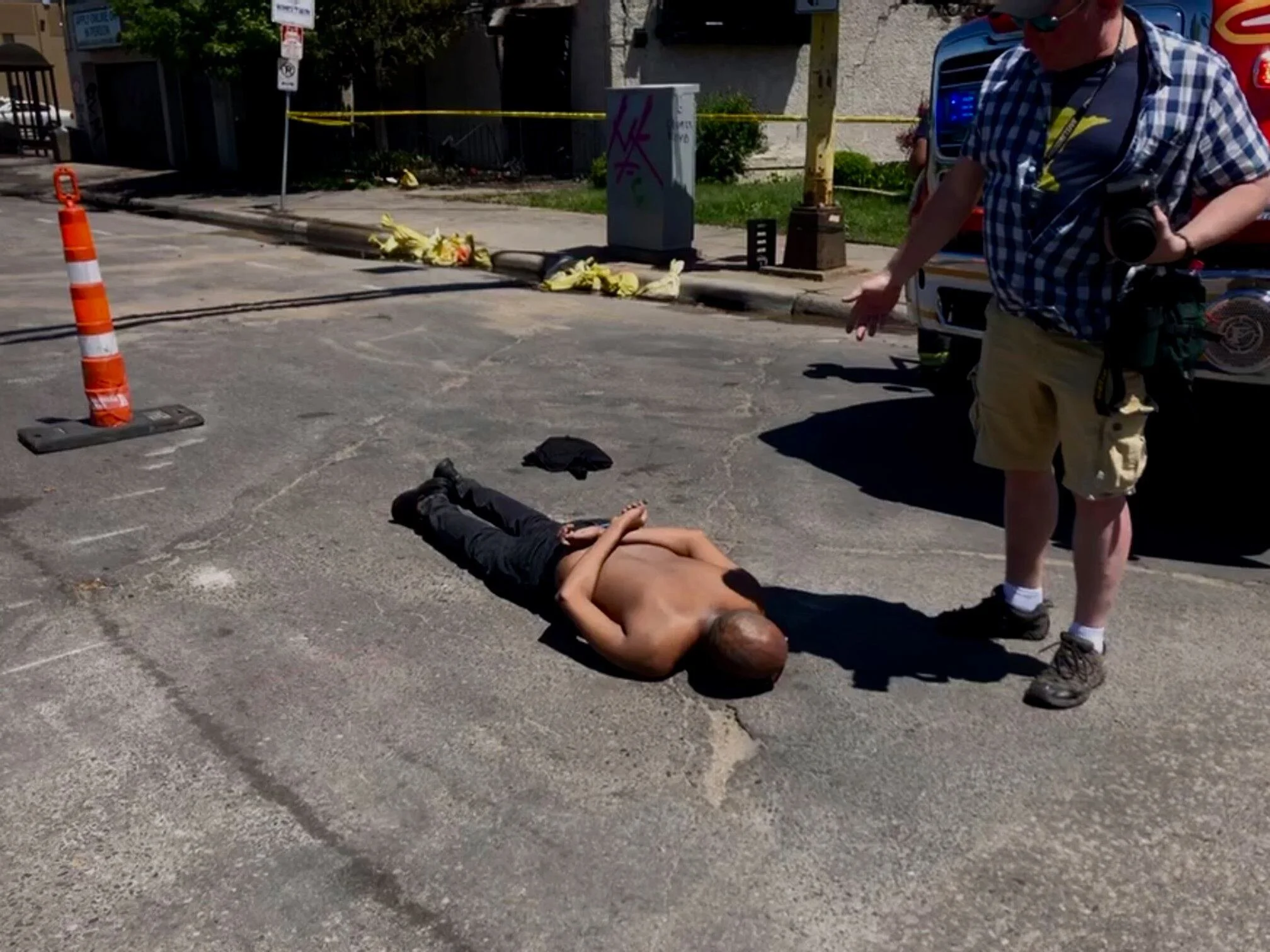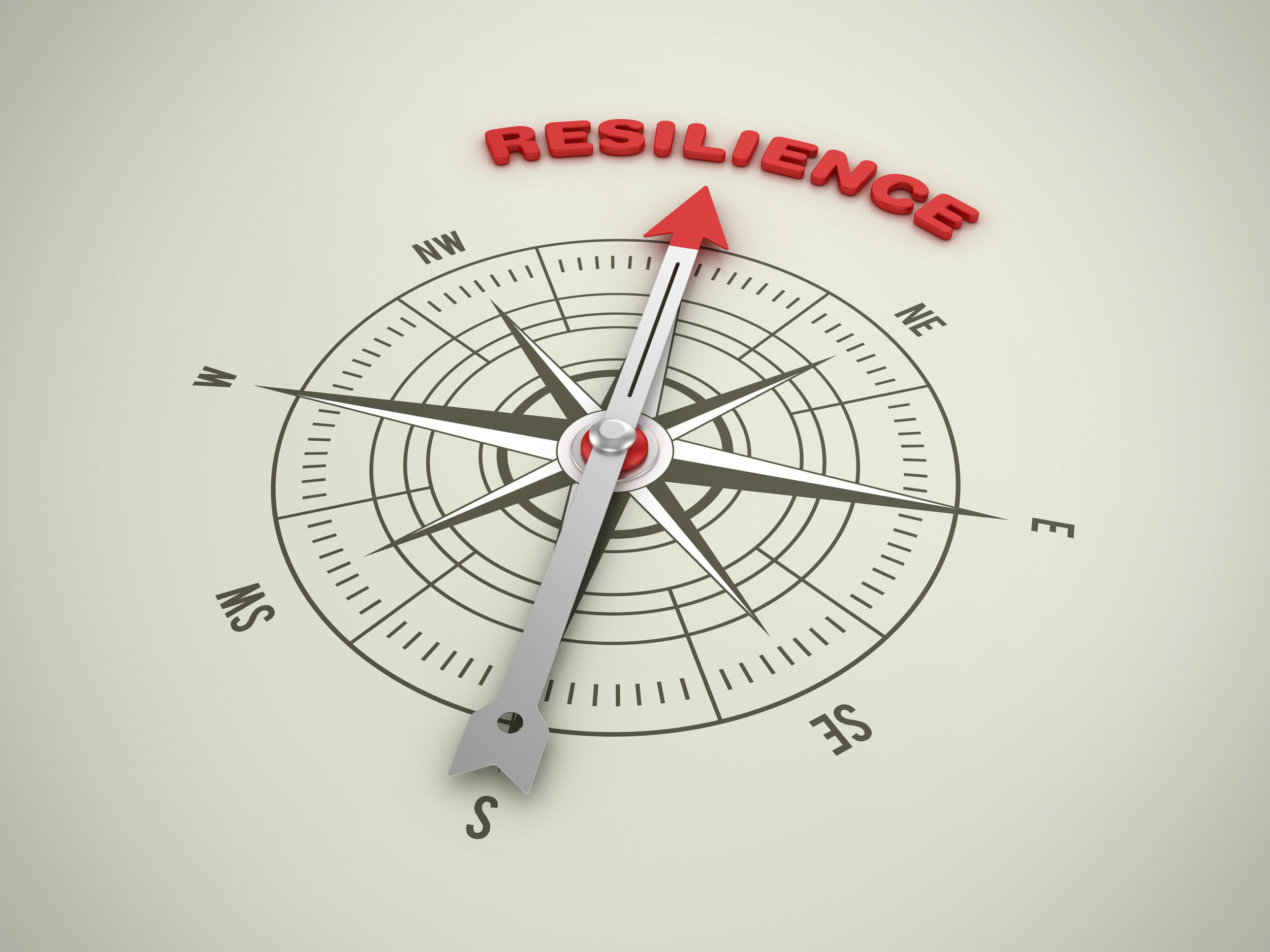
Writings & Resources
Covid’s Collateral Damage: Women
I’m honored to have my perspective - as a mother, and grandmother, and physician - included in this article in this month’s Hadassah magazine by journalist Debra Nussbaum Cohen.
“At the same time, Covid has completely altered what it means to be a physician. “I was known as the doctor who would spend more time with patients and hear them deeply,” says Dr. Fischer, who works at an urgent care clinic. “Now I go to work wearing a face respirator, a shield over it, a bonnet and isolation gowns and gloves. We try to minimize our time in each room. Now people can barely hear you, they can’t see your face. It interferes with communication, you’re muffled through all those layers, and there is fear in these interactions.”
And there is grief over the losses—personal, professional and economic—that Dr. Fischer believes people will struggle with for a long time. “We’ve all lost really significant things. Relationships. Prom.” She says she will have to come to terms with not being able to hug her grandchildren, the children of her adult stepchildren, and not being able to hug her patients and staff. “When you don’t see your new baby grandkids for a whole year, you don’t get that back. Life won’t go back to the same kind of normal.”
Be a Badass Positivity Surfer; my own ten day challenge
How will you end this year better than you started?
How will you emerge from the pandemic stronger than you started?
This week is a great time to think about both questions!
What is “flow state?” Why is it so important during the pandemic?
TL;DR
A state of "flow" is when you lose yourself in an activity—one that is challenging , enjoyable, and lets you monitor progress toward a specific goal.
At least 40% of people surveyed have reported that the COVID-19 pandemic has had a negative impact on their mental health.
Achieving a “flow state” by focusing on positive activities may be important in supporting your mental health and building resilience during these months of isolation. Researchers (in a study published last month) found that people who achieved a state of flow felt less lonely and more positive during isolation in the COVID pandemic.
This is my most recent drawing. I love working in charcoal; it’s loose, forgiving (read:erasable!), messy, expressive…
How do you take care of yourself when you hit a wall?
In the words of one of my wise therapist colleagues, “If you can’t give yourself some grace when you are in a shut down state, when can you?”
It is so important to know and acknowledge those days of really low energy and honor them. They are ok. I know I will wake up on another day with more activated energy, more resolve, and more motivation.
What do bright teal snowshoes have to do with resilience and pandemics?
What tools do you need to get through a winter? To walk or drive safely on treacherous surfaces, and then to shelter safely? What do you need to survive winter?
Warm clothing…snow tires…boots,crampons/skis/snowshoes, walking poles. Salt for the sidewalks. Shelter, firewood, good books (or Netflix) for long evenings.
Feather your own nest with the tools you will need. Most of us know the ritual of winter preparations. Feather your nest.
And then, think; what tools do you need to survive times of stress and loss, to walk across the surface of anxiety and grief without sinking to your waist?
Tending wounds and distributing supplies: Minneapolis Jews care for a city in turmoil
Dr. Vivian Fischer spent five hours Saturday walking toward Minneapolis’s devastation from her home in a suburb immediately outside the city. The family physician put on gray scrubs, her stethoscope, a mask and gloves, filled a backpack with whatever she had at home — extra masks, medical gloves, asthma inhalers, bandages, tweezers to pick glass out of cuts and water, and went to see where she could help.
Say His Name; an encounter after the Minneapolis riots
SAY HIS NAME: Muhammed.
My companion physician Nina and I were walking down Lake street through areas of broken glass and smoke, areas of protestors and clean up volunteers... so much emotion everywhere. We offered help wherever we could.
What does resilience look like during a quarantine?
Resiliency - it looks different on everyone. We are all feeling the fatigue of the prolonged stress of the COVID pandemic. Social isolation, uncertainty about the future, masking, loss of our routines and joys. It is exhausting. Trying to be “resilient” during this time can feel uneven. Give yourself some compassion.











